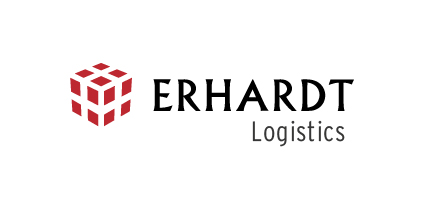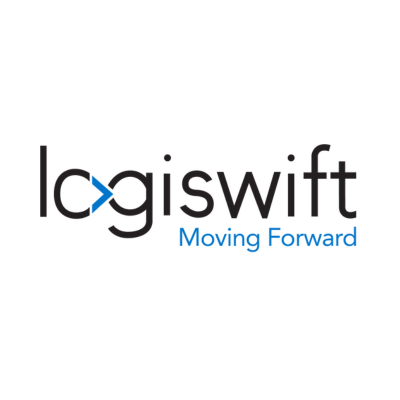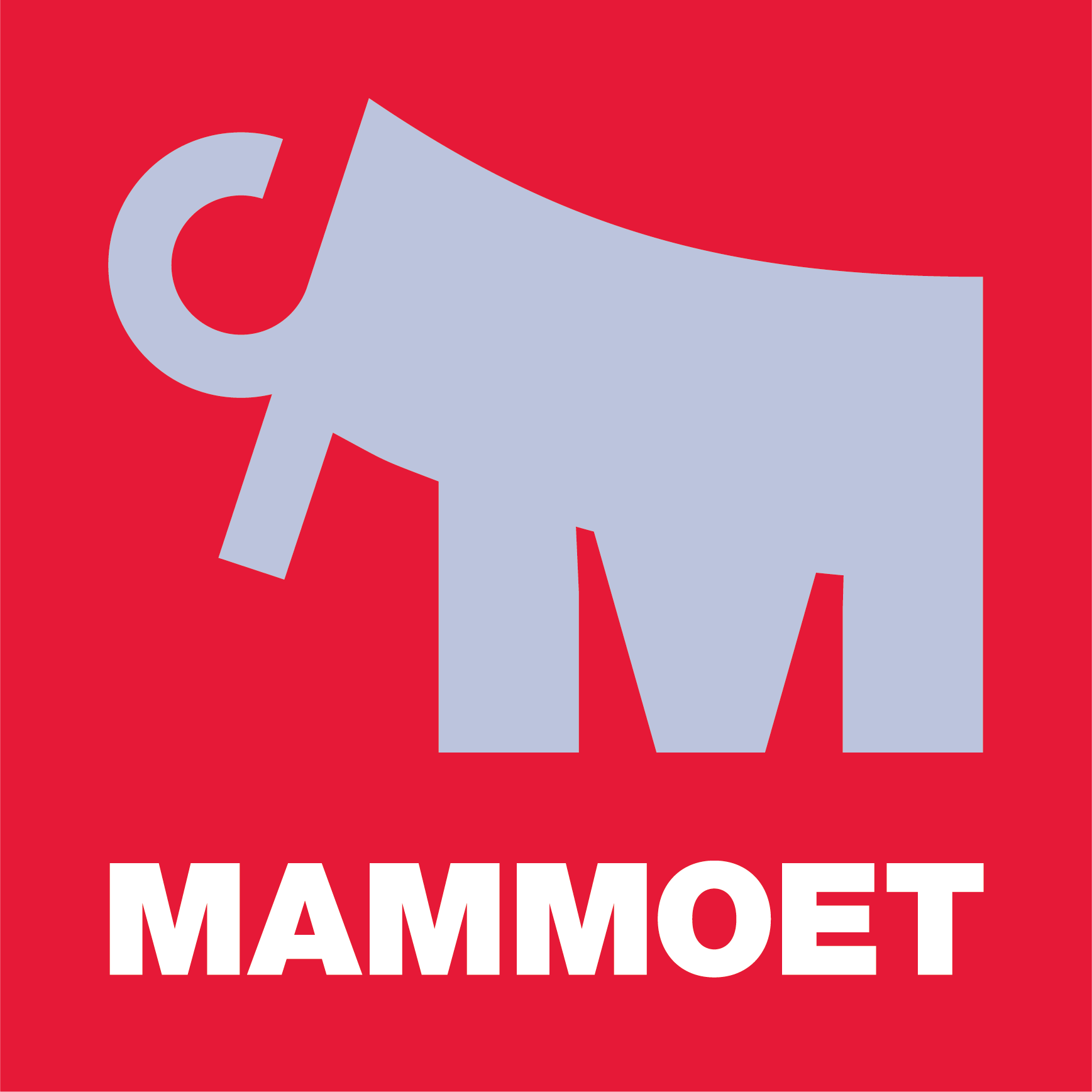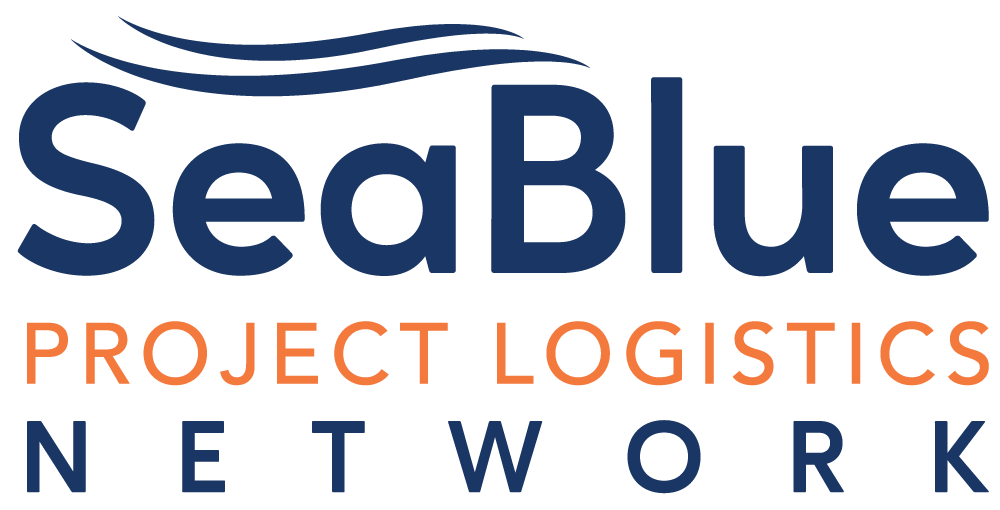Industry Offers Chance to ‘Create Your Own Opportunities’
_3.jpg) By Luke King
By Luke King
A career in breakbulk and project forwarding offers the opportunity to “work with all kinds of people, all over the world, every day”, young people heard at Breakbulk Europe.
Speaking directly to students in the audience, industry executives gathered to discuss what could be done to promote logistics as an attractive industry during a panel session entitled Shaping the Future of Logistics Starts with the Next Generation of Young Leaders.
Martyn Lawns, regional vice president European operations – Industrial Projects at DHL Global Forwarding, said DHL placed great importance on providing international placements for its “next generation of industrial projects talent”.
He explained: “The intent of our program, because of the diversity of the business of DHL, is to integrate them and expose them to different geographies. So, they will spend on rotation three months in Singapore, three months in Dubai, three months in Hamburg and come back to the US, and then we’ll put those young graduates out into the business.”
Lars Feller, CEO, dship Carriers, reflected on the value of his own global travels. “You can learn shipping in the office, but if you want to succeed in shipping and logistics, you have to travel, possibly live abroad for a while. I was lucky that I could live in Japan for almost 13 years.
“And to be very honest, without that assignment in Japan, I wouldn’t be sitting here today. We are dealing with all kinds of nations every day, and we cannot expect that they follow our way. It’s important to understand where they’re coming from, and that is the key to success. Cross cultural training is important for anyone working in global trade.”
Ongoing training was another feature of a career with dship Carriers, said Feller. “The coaching and the development of young people has to be always based on what they’re actually looking for, where they want to reach, where they want to be in five or 10 years. So it’s a broad mix of things, but it’s important that you do it on the individual needs and you do it continuously.”
At Port of Rotterdam, harnessing social media is key to attracting the leaders of tomorrow. “Social media can help us to tell our story and a positive story of the port,” said panelist Renée Rotmans, program manager, social innovation at Port of Rotterdam. “There are many possibilities to work for the port, and youngsters don’t always know about the training opportunities available. Our vision is that everyone can work in our port.”
Oliver Jochims, head of HR at AXXUM Group, told how apprenticeships pay an important role at AXXUM, a provider of packaging, assembly and transport of industrial goods. “Some of our apprentices have been with us for 25 years and we’ve had a really good experience with this model. At some companies, experienced managers sometimes hold onto their knowledge, but our managers are really sharing their knowledge. Our youngsters are very ambitious.”
_3.jpg) As the session drew to a close, Lawns from DHL had some parting thoughts for the youngsters in attendance, urging them to take control of their own destiny. “The last thing I would say is that you guys are in charge of your careers – not the management. Understand what opportunities might be out there, and really express what it is that you want out of your career.
As the session drew to a close, Lawns from DHL had some parting thoughts for the youngsters in attendance, urging them to take control of their own destiny. “The last thing I would say is that you guys are in charge of your careers – not the management. Understand what opportunities might be out there, and really express what it is that you want out of your career.
“If you don’t tell us what you want to do, then we can’t match your aspirations. Let us know what that is and we’ll try and match it. And if there’s a good business fit, it works for everyone.
“When you put yourself in situations, you create your own opportunities.”
The session was moderated by Margaret Kidd, program director and instructional associate professor, University of Houston, and sponsored by South Jersey Port Corporation.









.png?ext=.png)









.png?ext=.png)






.png?ext=.png)



